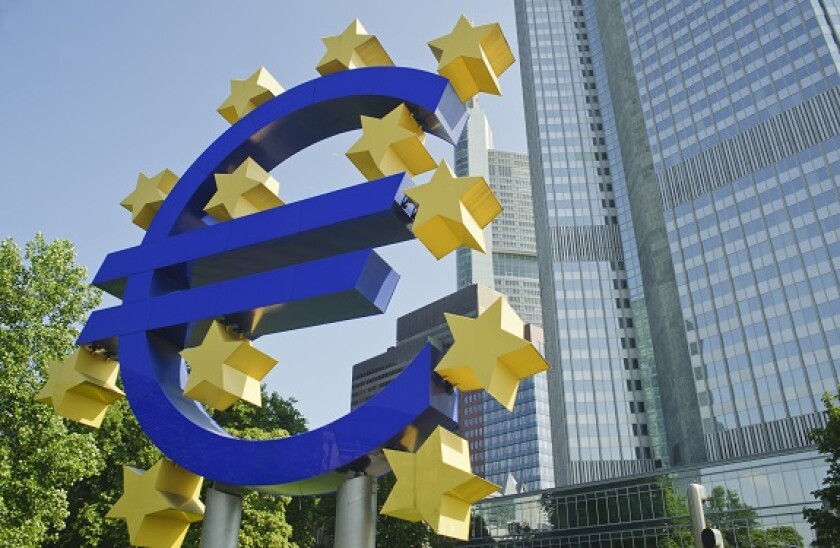Top rated corporate bond issuers are used to having the debt world at their feet. But so warped are the markets after years of quantitative easing that the best rated names are finding themselves shunted into awkward maturities, while issuers a few rungs lower appear to have the run of the roost.
Europe’s high grade bond investors are spooked. Stubbornly high inflation — still expected to be transitory but showing little sign of evaporating yet — combined with rates market wobbles and expectations of tightening monetary policy, have made the highest grade corporate issuers the belles of the ball in the third quarter.
A wave of 'A' rated names have taken advantage, with debuts from Germany’s real estate sector bumping shoulders with bond market stalwarts like Dutch infrastructure firm Tennet.
But a pattern is emerging as these issuers find they receive a much better response to offerings that either have very short maturities or are far past the belly of the curve.
The short end is seen as a defensive play, especially against inflation, whereas the long end at least offers a sliver of yield that is otherwise impossible to come by in the prevailing conditions.
In constrast, the five to eight year part of the curve, where issuers generally like to do most of their deals, has little to offer to investors, and is therefore becoming a bit of a no go zone for 'A' rated credits. These companies could in theory price a deal there, but they should expect to pay around 1.5 times to double the new issue concession for the pleasure.
The fact that 'A' rated companies have access to the market at all during this period of uncertainty could be seen as a fair reward for their solid credit metrics.
But Baa3-rated Belgian pipe manufacturer Aliaxis had a comfortable enough time issuing €750m last week with a seven year tenor, so investors clearly still have appetite for triple-B debt in the five to eight range.
A top credit rating should be rewarded with more options to raise debt, not fewer. When the 'A' team has less room for manoeuvre than their lower rated cousins, something is clearly amiss.

